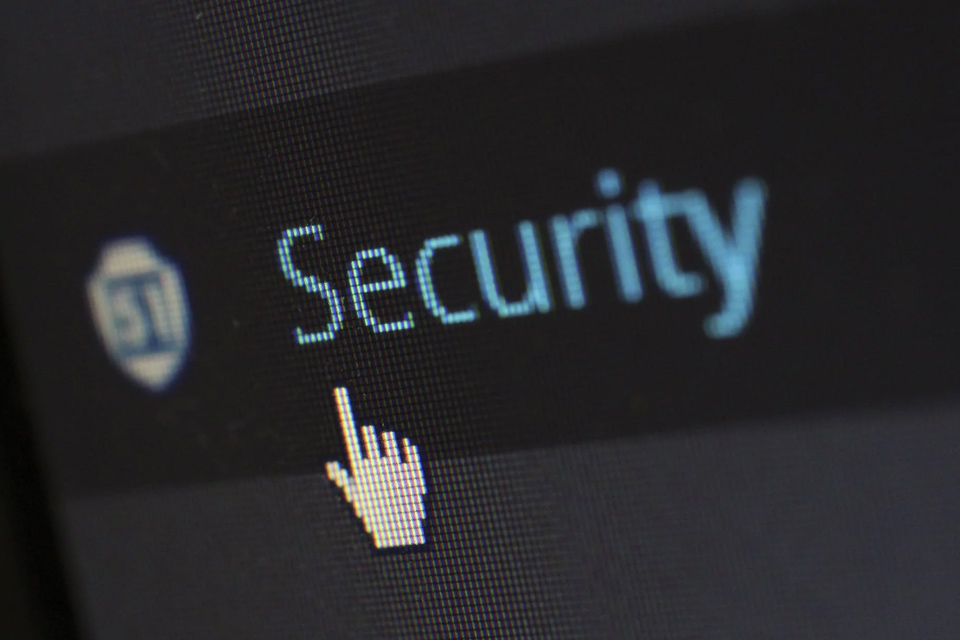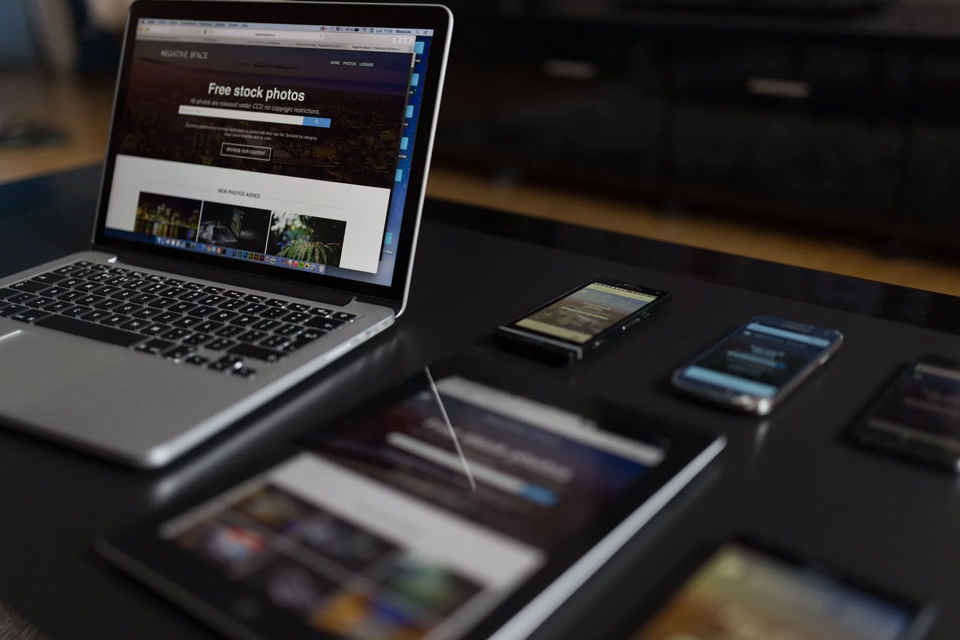6 minute read
The web is a great place to explore and one that has changed all our lives and will do for generations to come. However, there are also sides to the web that can be dangerous, and it’s important to make sure you’re practicing safety on the internet, just like you would with anything in the real world. Here are some tips to protect yourself on the web and be sure to share these tips with your family and friends, too, in order to keep them safe.
Don’t Give Out Confidential Information
Confidential information is exactly what it should be – confidential. Yet so many of us have had the experience of having our data stolen or compromised. Whether that’s through companies who have been hacked or through our own mistakes. It’s important to always have caution over what you provide to those on the internet. Not everyone is who they say they are, and some might have ill intentions to the information you provide willingly and in confidence. Try to be careful of what information you do give out, and unless you have complete trust, don’t give out any personal addresses or contact information. Under no circumstances should you ever need to provide access to bank accounts, even from the banks themselves. Always try to deal with these types of requests over the phone with the right contact details or in person. It’s better to be safe than sorry when it comes to your personal information. You can get bulk USB flash drives to store all of your information on, and make sure you keep these safe too.
Review Security On Social Media
Social media is a great opportunity to meet new people, socialize, and raise your profile. It can be great for keeping in touch with friends and family members, but it’s always good to keep yourself updated when it comes to security on social media. Social media platforms will each have their own security procedures and privacy settings. It’s good to take a look every so often to see what’s been updated in terms of security and privacy. It could be that you’re missing out on the opportunity to strengthen your login credentials or make yourself more invisible from the public eye if needs be. There are also opportunities where you can block certain people and regulate what is posted to you and about you on social media. There can be a lot of hate online, and this is a great way to control it for your own peace of mind.
Create Strong Passwords
Creating strong passwords is something we’re told to do constantly, but not everyone is doing it properly and on a regular basis. If you’re picking the same password for each account you have online, then the likelihood of you getting hacked could be greater, especially once they’ve managed to get into one account. They’ll soon be finding ways to figure out everything else you’re signed up to and be able to login to those accounts too. So try and create strong, complex passwords for all your accounts. Try to avoid leaving any passwords lying around and change them regularly. If you struggle with both aspects of this, you can always try getting password software. This can help provide your passwords and change them without having to know them all. You simply use a password software that remembers them all. The only password you need to know is the one to get into the software.
Use A VPN When Online
A VPN can be a great way of adding that extra layer of protection when browsing online. https://surfshark.com/download can be a great place to start when looking for the right application in order to stay safe and secure online. It’s something that’s being used by more and more individuals now who are trying to keep a more private connection within their home and on all of their electronic devices. Particularly with younger children going on the internet nowadays, you can’t have enough safety for those of all ages. Consider all of the options out there and choose one that’s going to allow you to navigate the internet and other platforms with ease and control.
Be Wary Of Public WIFI
Public WIFI, although it can be handy, it also has its problems. There’s not as much security via this platform than your own private one, so it may be wise to avoid doing your online banking or accessing any personal accounts where your information may be hacked into. Try to avoid connecting to it automatically and instead have you connect to it manually so that you know as and when you’re on it. Use it for general browsing, but maybe don’t do it for the more personal stuff. Public WIFI can have a lot more security risks, and potential hackers can easily break down public internet access.
Use As Many Extra Layers Of Security As Possible
Having an extra layer of security here or there, is important, and one way to do it is by using things like two-step authentication. It helps to have it attached to things like your online banking, email account, and other personal accounts. They usually need to send a text to your phone in order to get through with a password. That means they need to be in possession of both your phone and the password, something that’s a lot harder to do.
Protecting yourself on the web is something you need to be more aware of and improve your knowledge of it as it advances. There are always going to be changes, and you might find that those changes put you in danger of losing your financials or stolen personal information. Try to create strong and complex passwords on a regular basis and avoid using wifi that’s not your own personal one. Add extra layers of security and be wary of what sites you’re going on. The more vigilant you can be, the less likely you’re going to fall victim to an attack on your safety and data. Always practice safety when browsing on the internet, you never know what’s out there.






